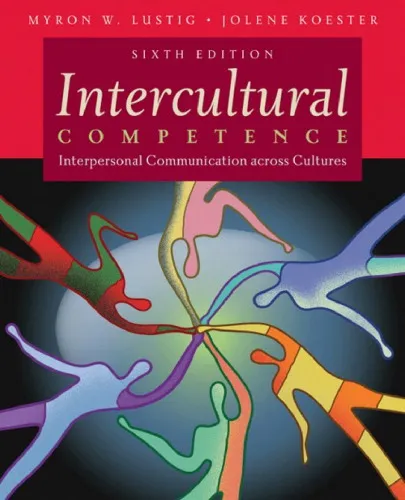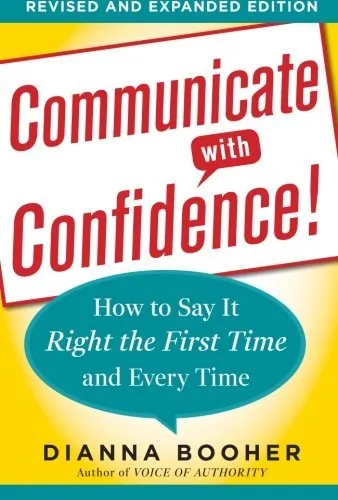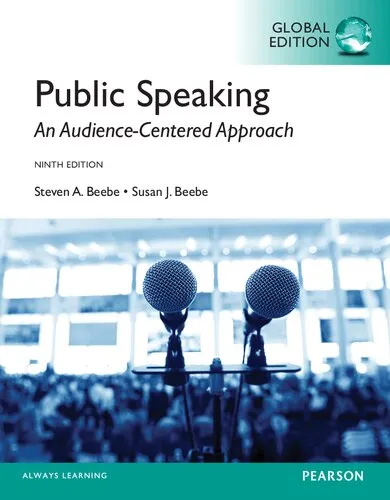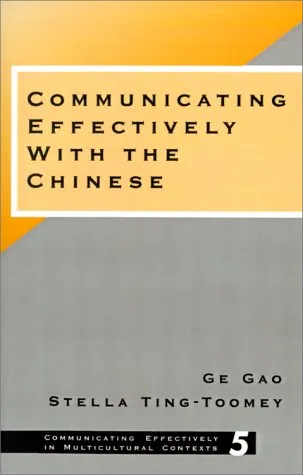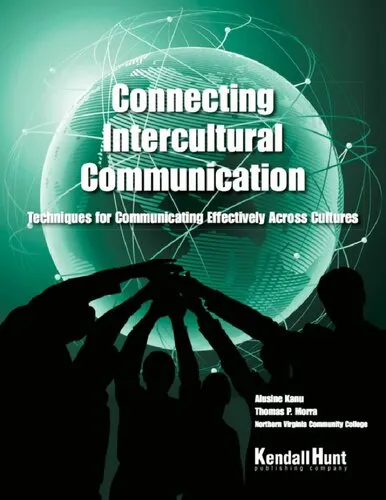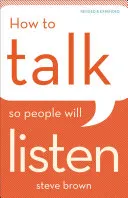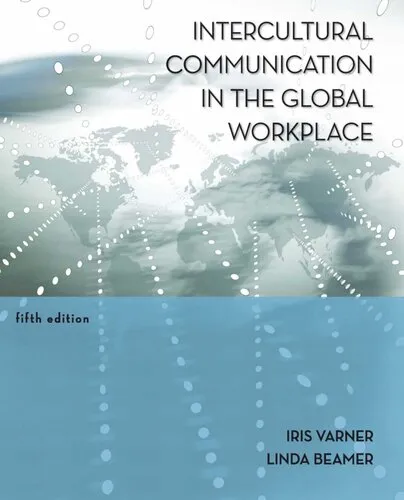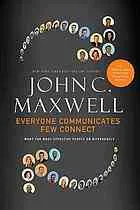Intercultural competence: Interpersonal communication across cultures
4.5
Reviews from our users

You Can Ask your questions from this book's AI after Login
Each download or ask from book AI costs 2 points. To earn more free points, please visit the Points Guide Page and complete some valuable actions.Related Refrences:
Introduction to 'Intercultural Competence: Interpersonal Communication Across Cultures'
In an increasingly interconnected world, the ability to communicate effectively across cultures is an essential skill. 'Intercultural Competence: Interpersonal Communication Across Cultures', authored by Myron W. Lustig and Jolene Koester, offers a comprehensive guide to understanding the complexities of intercultural communication. This book serves as a critical resource for students, professionals, and anyone looking to navigate and thrive within diverse cultural contexts.
Grounded in both theoretical frameworks and practical applications, the book explores the nuances of intercultural communication, delving into the psychological, sociological, and communicative aspects that define human interactions. By shedding light on the underlying principles of cultural variability, perception, and behavior, the authors aim to foster a deeper understanding of how to build meaningful and effective relationships in a multicultural world.
What sets this book apart is its balance between academic rigor and real-world examples. By combining research-driven insights with practical strategies, the book empowers its readers to develop the necessary skills to navigate cross-cultural interactions with sensitivity, respect, and competence. Whether you're a student eager to learn, a manager leading a diverse workforce, or a traveler embracing different cultures, this book provides the tools you need to succeed in today’s globalized environment.
Detailed Summary of the Book
At its core, the book explores what it means to be "interculturally competent"—the ability to communicate effectively and appropriately in various cultural settings. The authors introduce the process of acquiring intercultural competence as a transformational journey that requires self-awareness, emotional intelligence, and an open mind.
Divided into methodical chapters, the book starts by laying a foundation of communication theory and cultural differences. It explores concepts such as cultural identity, worldviews, and intercultural relationships. Through practical case studies and examples, the authors examine how cultural differences influence verbal and nonverbal communication. They also address stereotypes, prejudice, and barriers that hinder effective intercultural interactions, offering strategies for overcoming them.
Additionally, the book provides a robust discussion of intercultural conflict and negotiation. Readers learn how to navigate conflicts that arise in cross-cultural settings and explore strategies for achieving mutually beneficial outcomes. The concluding sections focus on fostering global citizenship and the broader societal benefits of intercultural competence, encouraging readers to approach cultural differences with empathy and understanding.
Key Takeaways
- Intercultural competence is a skill that can be developed through awareness, education, and practice.
- Cultural diversity enriches communication but also presents challenges that must be navigated thoughtfully.
- Understanding cultural norms and values is essential for effective interpersonal communication in global contexts.
- Stereotypes and biases can hinder meaningful communication, but they can be addressed with empathy and active listening.
- Successful cross-cultural communication fosters harmony, collaboration, and mutual respect.
Famous Quotes from the Book
"Intercultural competence is a journey, not a destination—it requires continuous learning and adaptation."
"Empathy and mindfulness are the cornerstones of effective communication across cultures."
Why This Book Matters
The importance of intercultural competence cannot be overstated in today’s increasingly globalized world. This book is not just an academic resource; it is a practical guide for fostering better relationships, teamwork, and understanding across cultural divides. By teaching readers how to approach cultural differences with sensitivity and respect, the authors contribute to building more inclusive and harmonious societies.
Moreover, this book bridges the gap between theory and practice. The examples and exercises included inspire readers to apply concepts to real-world scenarios, encouraging a proactive approach to intercultural communication. Its relevance extends to diverse fields, including education, international business, social work, healthcare, and beyond.
Ultimately, 'Intercultural Competence: Interpersonal Communication Across Cultures' holds the key to a more connected, empathetic, and understanding world. Whether you seek to enhance personal relationships, strengthen professional collaborations, or grow as a global citizen, this book provides insights and strategies to help you on your journey.
Free Direct Download
You Can Download this book after Login
Accessing books through legal platforms and public libraries not only supports the rights of authors and publishers but also contributes to the sustainability of reading culture. Before downloading, please take a moment to consider these options.
Find this book on other platforms:
WorldCat helps you find books in libraries worldwide.
See ratings, reviews, and discussions on Goodreads.
Find and buy rare or used books on AbeBooks.
1454
بازدید4.5
امتیاز0
نظر98%
رضایتReviews:
4.5
Based on 0 users review
Questions & Answers
Ask questions about this book or help others by answering
No questions yet. Be the first to ask!
